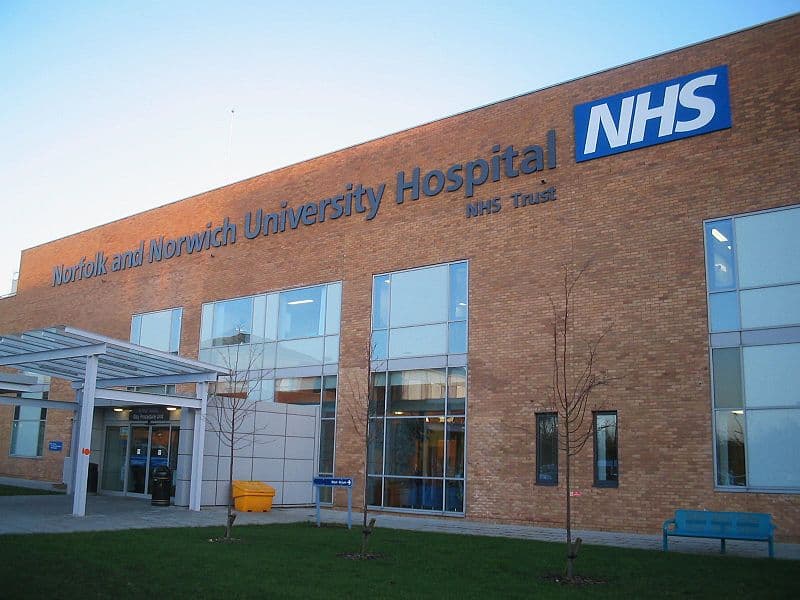
Two-thirds of Britons with common life-threatening conditions have been denied care during pandemic
pharmafile | June 8, 2020 | News story | Sales and Marketing | COVID, COVID-19, NHS, NHS England, coronavirus, pandemic
Nearly two-thirds of people in Britain have been denied care for common life-threatening conditions by the NHS, due to their resources being focused on dealing with the coronavirus pandemic.
One of the most notable patient groups suffering from a lack of treatment are diabetics, with 7 out of 10 having their care cancelled. 65% of those with high blood pressure and 64% of people suffering from breathing problems have also had their care cancelled.
Cancer patients have also been affected, with 53% of sufferers having their treatment disrupted. 60% of people with cardiovascular illnesses, 66% with brain problems, 68% of people with arthritis and 78% with issues around obesity also had their care disrupted or cancelled.
Cancer patients were the most likely to receive care as normal but overall barely one in five of patients who regularly receive NHS help did so in April.
This study has come from a team at Essex University led by Professor Michaela Benzeval, and was based on the experience of 3,414 people with health problems.
Jennifer Dixon, the Chief Executive of the Health Foundation, which co-funded the research, commented on the study’s resultss and said: “These findings show the serious impact Covid-19 has had on the delivery of services for people with long-term conditions like cancer, diabetes and cardio-vascular disease. That 63% of people with serious long-term conditions had their planned treatment cancelled suggests we may be storing up greater health problems for the future.
“While measures were put in place to protect and support vulnerable people, it’s evident that many people’s needs may have gone unmet during the lockdown, meaning their conditions may have worsened when they should have been receiving care.”
People also cancelled their care, potentially due to fears of going to hospitals containing COVID-19 patients. 12% of patents with respiratory problems, 12% with cardiovascular conditions and 11% of diabetics were the most likely to do so. However, 98% of patients were still able to obtain their prescription medications.
In response, an NHS England spokesperson said: “Data for health service usage show a strong rebound in patients coming forward for check-ups and treatment. The ONS report today has not found evidence of significantly increased cancer mortality, with Covid-protected cancers hubs in place and almost 30,000 people starting cancer treatment in March. For other conditions such as heart problems, the number of people coming to A&E is now back to the levels we would normally expect.”
Conor Kavanagh
Related Content

NICE recommends migraine treatment for NHS use
The National Institute for Health and Care Excellence (NICE) has shared draft guidance recommending AbbVie’s …

Gilead’s Veklury recommended by NICE for COVID-19 treatment
Gilead Sciences has announced that the National Institute of Health and Care Excellence (NICE) has …

NICE expands access to Paxlovid for 1.4 million people at risk of severe COVID-19
The National Institute for Health and Care Excellence (NICE) has announced that it has expanded …








